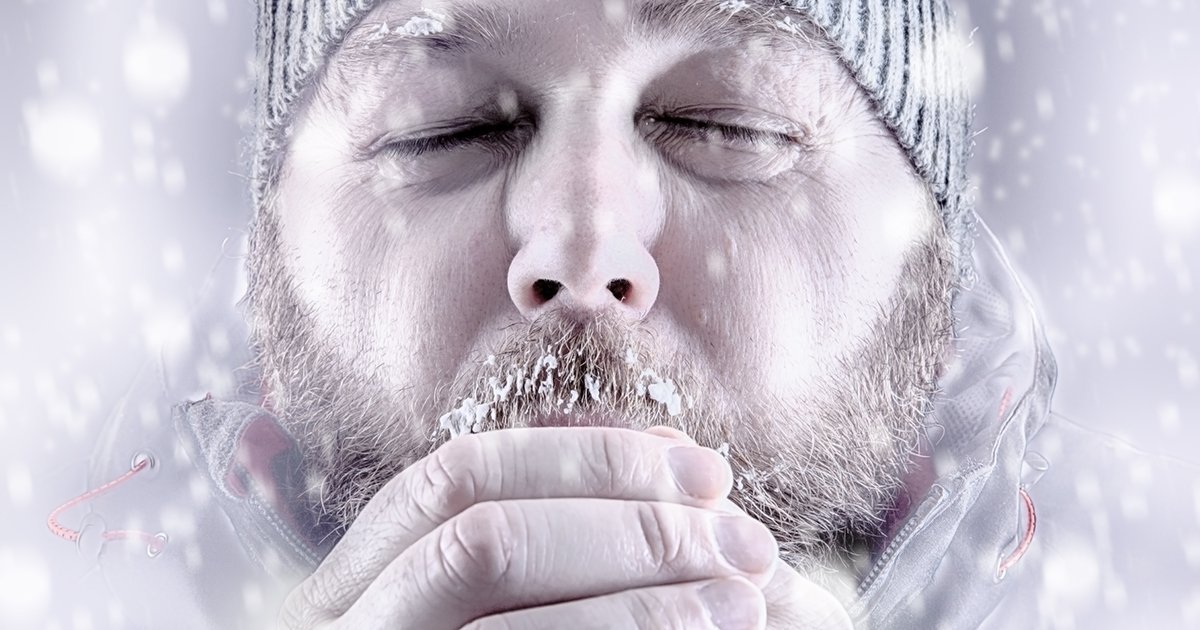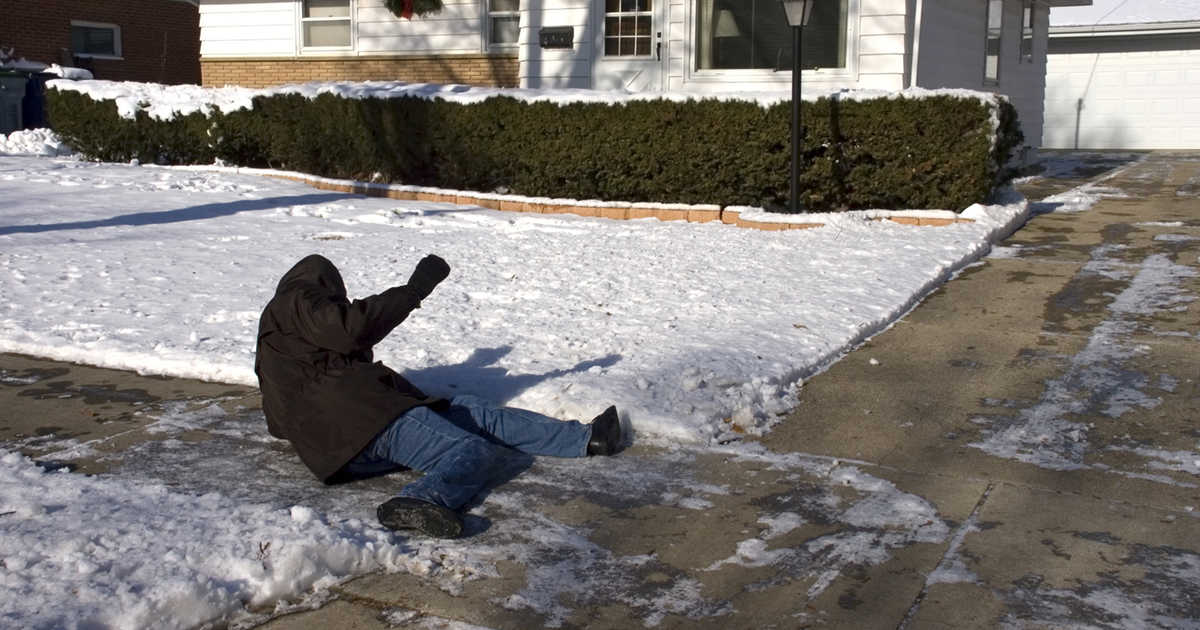Warning Signs Of Hypothermia
Hypothermia occurs when the body loses heat at a faster rate than it can produce and replenish it. When this happens, an individual's body temperature can drop to a dangerous low, from 98.6 degrees Fahrenheit to anything under 95 degrees. As the temperature in the body drops, the internal organs, such as the heart, suffer and cannot function properly. The nervous and respiratory systems are also negatively impacted and can even stop altogether, leading to death. Hypothermia typically results from exposure to extreme cold or immersion in cold water, without the option of drying and warming properly. If an individual finds themselves exposed to such conditions, they are at risk of developing hypothermia and may experience any of the following symptoms.
Slurred Or Mumbled Speech

Individuals who enter a hypothermic state will quickly begin to show symptoms. One such sign is slurred or mumbled speech. As the body temperature drops, the nervous system struggles to send signals. This prevents areas of the body, particularly the brain, from being able to effectively communicate with other parts. The patient's speech may slur or they might mumble, appearing as though they are exhausted or disoriented. While this may not be the first noticeable sign of hypothermia, it is one of the strongest indicators communicating the condition's severeness. If a patient is displaying this type of behavior, they require immediate medical attention, including being warmed up as soon as possible.
Uncover the next symptom of hypothermia now.
Shallow And Slow Breathing

Shallow and slow breathing is one of the early signs of being cold and, eventually hypothermia. As the body temperature drops, so do the individual's circulation and blood pressure. The heart rate slows down, attempting to preserve critical energy. However, this manifests in decreased oxygen intake. Again, an individual who is entering (or has already entered into) a state of hypothermia will appear low in energy and lethargic. As the state progresses, they may seem to move and respond to stimuli less, taking slow and shallow breaths instead of keeping a normal rhythm. Keeping oxygen levels in the body and blood up is critical for maintaining consciousness and not succumbing to the extreme cold.
Learn more about the warning signs of hypothermia now.
Increase Clumsiness
Because the nervous system cannot send accurate signals to the body, a patient with hypothermia may also appear to more clumsy than usual. The signals their control over their extremities is failing, resulting in weakened muscles and decreased coordination. If patients try to walk or move, they could be prone to tripping, staggering, or even falling. While conserving energy is important for retaining heat in an emergency, regularly moving is also important to keep blood circulation going to the extremities. Even if a patient does not move their legs, they might find it difficult to control the hands and fingers, failing to accomplish even basic tasks such as a palmar grasp.
Continue reading to discover more symptoms of hypothermia now.
Shivering And Trembling

Everyone shivers and trembles when they experience cold. Even a light breeze on a warm day can cause an individual to get a chill. However, those exposed to extreme cold, especially for extended periods, will experience shivering and trembling to an extreme degree and for a long duration. Shivering and trembling is typically the first identifiable symptom that presents itself when the body temperature begins to drop. When the body is cold, small sensors attempt to send signals to the brain, expressed as shaking and trembling, telling it the body needs to warm itself. Furthermore, as the muscles shake, they are forced, even if it seems slight, to contract and release, generating heat in the body.
Get the details on more hypothermia warning signs now.
Drowsiness Or Loss Of Consciousness

An individual exhibiting extreme drowsiness or loss of consciousness is a clear sign they are in a dire state. As the body cools, mental clarity suffers, and the affected individual may begin to nod off. It is imperative to keep the patient awake and as alert as possible, especially if they are dazing in and out of coherent states. Losing consciousness is a clear sign the blood vessels have constricted to an extreme size, causing the heart rate and respiration to drop to a dangerous low. This low is so strong that normal brain function, even being awake and aware of who one is and where one is, becomes too much of an effort for the body.

